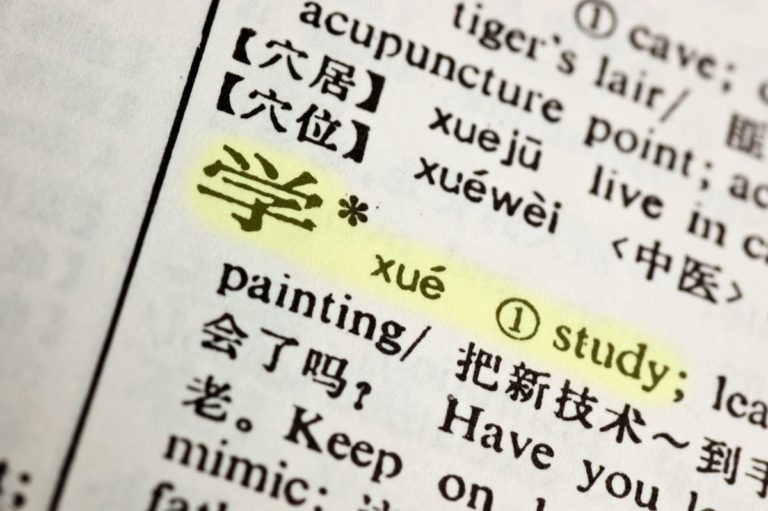There is a lot to complain about in the English language. The grammar is challenging, the spelling is unpredictable, and English is a thief *hint hint wink wink*.
Yes, you read right! We use words that originated from other languages all the time.
Here are some common English words and phrases with Chinese origins.
-
1 America's Favorite Condiment: Ketchup
Bet you didn’t know this one. Yes, the name of one of America’s favorite condiments actually originated from China.
Ketchup is from Hokkien Chinese. Hokkien is a dialect of Southern China. The majority of people who speak Hokkien are from the province of Fujian.
The original term is kê-tsiap. It was the name of a sauce made from fermented fish. Europeans tried their best to replicate the recipe and added tomatoes to make the condiment we know today.
-
2 Long Time No See
Don’t lie; you’ve said this phrase at least once before. It is grammatically incorrect but we still use it without knowing.
How did this phrase become a widely accepted expression? It traces back to the 1900s when the British navy picked it up from the Chinese people they met.
The phrase is a literal translation of the Chinese phrase 好久不见 (Hǎojiǔ bùjiàn).
-
3 Shih Tzu (this dog breed ↓)
 Shih TzuThis popular dog breed can be found all around the world. But did you know that this dog breed originated in China?
Shih TzuThis popular dog breed can be found all around the world. But did you know that this dog breed originated in China? They were pets for the nobility in ancient China. For a long time, Chinese people refused to trade or sell these cute dogs.
The Chinese name for a Shih Tzu is 狮子狗 (Shī zi gǒu) which means “lion dogs.”
-
4 We all know at least one “paper tiger.”
 Paper TigerA “paper tiger” is someone who appears strong and powerful but actually is weak. It comes from the Chinese phrase 纸老虎 (Zhǐlǎohǔ).
Paper TigerA “paper tiger” is someone who appears strong and powerful but actually is weak. It comes from the Chinese phrase 纸老虎 (Zhǐlǎohǔ). This phrase appears in several Chinese classics such as “水浒” (Shuǐhǔ Zhuàn) aka “Water Margin” by Shi Nai An.
-
5 Brainwash: A phrase as common as “hello”
 BrainwashBrainwash is a direct translation from 洗脑 (Xǐ nǎo). This word came into the English language during the Korean War when the Chinese troops tried to indoctrinate foreign prisoners of war.
BrainwashBrainwash is a direct translation from 洗脑 (Xǐ nǎo). This word came into the English language during the Korean War when the Chinese troops tried to indoctrinate foreign prisoners of war. -
6 Typhoon (yes, even weather phenomena)
 TyphoonThis is really direct. The word for “hurricane” in Chinese is 台风 (Tái fēng). The only difference between hurricanes and typhoons is the location where these weather phenomena occur.
TyphoonThis is really direct. The word for “hurricane” in Chinese is 台风 (Tái fēng). The only difference between hurricanes and typhoons is the location where these weather phenomena occur. “Hurricane” is used in the Atlantic and Northeast Pacific while “typhoon” is used in the Northwest Pacific. “Typhoon” takes the phonics of the Chinese word. They sound very similar.
If you’re looking for more, check out this article about Chinese words with English origins. If you know any other English words with Chinese origins, let us know in the comments below!





0 Comments